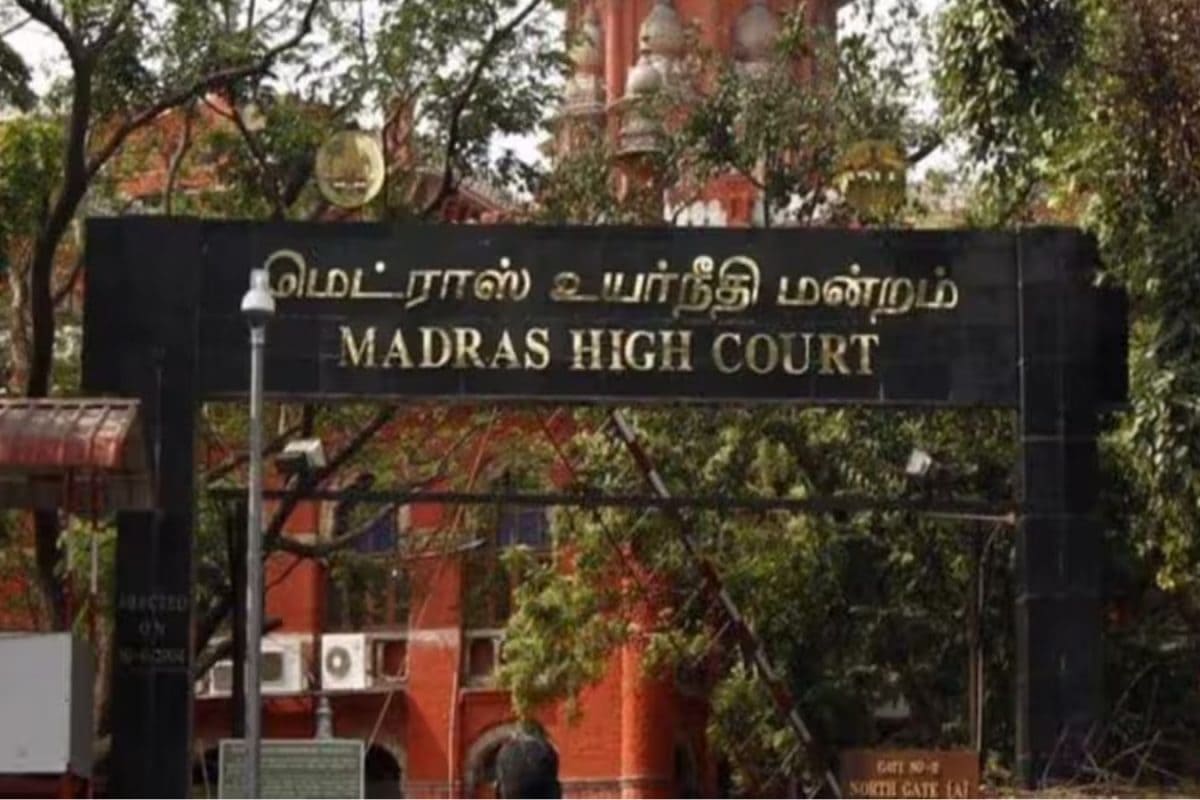

The Madurai Bench of the Madras High Court delivered a split verdict on June 24, 2025, regarding a batch of six petitions concerning religious and heritage rights at Thiruparankundram Hill in Madurai. The historically and religiously significant hill is home to the Arulmigu Subramaniya Swamy Temple, one of the six sacred abodes of Lord Murugan, the Hazrat Sulthan Sikandar Badusha Dargah, and remnants of Jain heritage. The division bench, consisting of Justices J. Nisha Banu and S. Srimathy, offered divergent opinions on three of the petitions, specifically addressing animal sacrifice, the nomenclature of the hill, and prayer rights in a disputed area near the hilltop dargah.
The central dispute revolved around objections to practices allegedly conducted at the Dargah, including animal sacrifice, the reference to the hill as "Sikkandar Malai" instead of "Thiruparankundram Hill," and public Islamic prayers in the Nellithoppu area, which is claimed as part of the temple property.
In the plea seeking a prohibition on animal sacrifice and the serving of such food at the hilltop Dargah, Justice J. Nisha Banu dismissed the petition. She cited the historical coexistence of religious practices and noted that the Tamil Nadu law banning animal sacrifices had been repealed in 2004. Emphasizing communal harmony, she stated that the ritual was also followed in nearby Hindu temples. Conversely, Justice S. Srimathy allowed the petition, asserting that there was no evidence to prove animal sacrifice as an essential or ritualistic practice at the Dargah. She deemed recent pamphlets announcing animal sacrifices as "mischievous" and directed that such activities be restrained unless the practice is judicially affirmed.
Regarding the nomenclature of the hill, both judges unanimously dismissed a petition by a Jain religious head seeking to declare the entire hill as "Samanar Kundru" and a Jain site of national importance. They stated that such declarations were outside the scope of a writ court and noted that the issue was already pending before the Supreme Court. The bench agreed that the hill's name should not be changed.
Concerning the prayer gatherings conducted by the Dargah in the Nellithoppu area near the temple, Justice Banu held that such rights had already been settled in favor of the Dargah through civil court judgments, and dismissed the petition filed by a member of the Hindu Makkal Katchi. However, Justice Srimathy found that no established prayer rights existed in Nellithoppu and allowed the petition, stating that the dargah did not have any prior practice of conducting prayers during Ramzan, Bakrith, or any other Islamic festival and that it was a new practice that could not be allowed.
Justice Banu, while permitting animal sacrifices, referenced Article 25 of the Constitution of India, which confers the right to freedom of religion, including practice. She stated that in the absence of any law prohibiting animal sacrifice, which is part of religious practice, there cannot be any order restraining such activity. She also added that the Dargah is located on the southern side peak of the Thirupparankundram Hill, while the Subramaniya Swamy Temple and Kasi Viswanathar Temple are situated at different locations, so no religious practices of one community impinge upon the sacred spaces of another.
The differing opinions on key issues like animal sacrifice and prayer rights have led to a complex legal situation. The matter has now been referred to the Chief Justice of the Madras High Court for a tie-breaking verdict. The court has also directed the state to permit the Archaeological Survey of India (ASI) to survey the hill and demarcate the protected monuments, dargah, and temple, and submit a report to the court within a year. This split verdict underscores the challenges in balancing religious freedoms, historical practices, and communal harmony in a religiously diverse society.